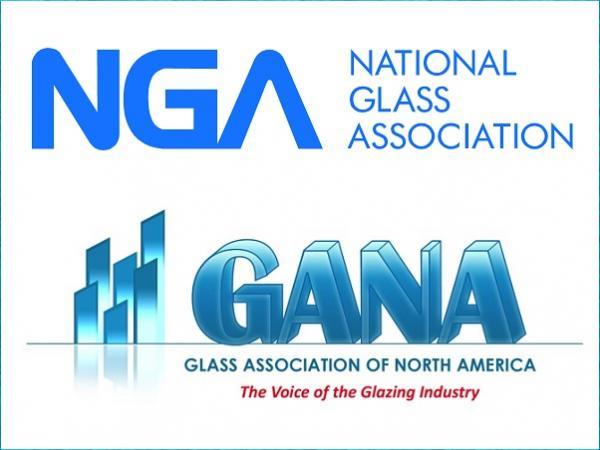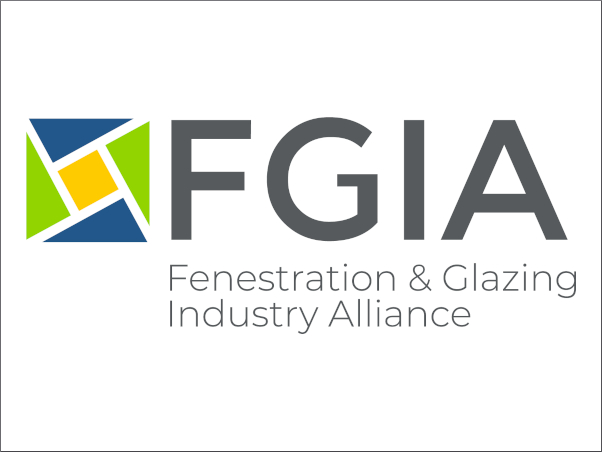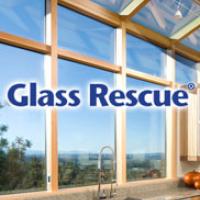
Date: 30 October 2017
Q: Why combine NGA and GANA?
A: Combining our two glass associations will result in one, unified voice to maximize the effectiveness and efficiency of:
- Advocacy
- Technical resources
- Industry standards
- Data gathering
- Education and training
- Industry events
- Information sharing across our industry
Q: What are the benefits to combining?
A: There are many positive benefits resulting from the combination. First and foremost, NGA members will get to take advantage of GANA’s wide array of member publications and technical services, while GANA members will have access to NGA’s education and events. Also at the top of the list are positive impacts to Association activities, including reducing operational and meeting redundancies. It will also trim time and expense for our members and volunteers so they can better focus on their companies’ growth and objectives, and the long-term health and welfare of the glass and glazing industry.
In addition, companies that have two memberships—one in NGA and one in GANA—will see a reduction in membership dues.
Q: How does the combination get finalized?
A: The NGA and GANA Boards of Directors are currently resolving the final due diligence items, after which the NGA and GANA members must each vote as follows:
- GANA’s membership votes to combine with NGA
- NGA’s membership votes to change its bylaws to reflect the new combination structure and governance
Q: When will the combination be finalized?
A: Pending resolution of final due diligence items and membership approvals, we anticipate the Closing will occur in early 2018.
Q: Will my membership change?
A: Yes, in that it will be stronger and more relevant, but members can expect the most vital aspects of both GANA and NGA will continue. Members may see changes in the membership structure—for instance, GANA’s fabrication divisions (Tempering, Laminating, Insulating, Decorative) will be grouped into one Fabrication division to reduce duplication of effort—but we are striving to keep changes to a minimum from the members’ perspective.
Q: What happens to existing task groups and committees?
A: Industry volunteers’ longstanding commitment has been an integral part of both GANA and NGA, and will continue to be critical to achieving the Association’s annual and long-term goals as set by the Board of Directors. Following the consensus process, committees and task groups will focus on technical, codes, standards and advocacy priorities to advance the Association’s aim to protect and strengthen the industry.
In keeping with the combination goals of reducing operational and meeting redundancies, committees and task groups will be streamlined accordingly.
The Association staff will also tap individual volunteers for “micro-volunteering” activity and projects, such as establishing course curriculum for education and training programs, writing questions for an industry trends survey or providing input on event programming.
Micro-volunteering is a trend in the association world; it promotes engagement and delivers meaningful results. The approach can also be used for advocacy, with micro-volunteers serving as leaders in their state or region to encourage involvement in key issues.
Additionally, GANA’s oversight of the Glazing Industry Code Committee (GICC) and the Flat Glass Manufacturing Division (FGMD) will carry over to the new Association.
Q: What is the new governance structure?
A: The new Board of Directors of the combined Associations will consist of 13 voting Board members:
- 3 glazing contractors
- 3 full-service glass companies
- 2 WDDA dealers
- 2 glass fabricators
- 1 primary glass manufacturer (company changes yearly or biennially)
- 2 glass industry suppliers
- the NGA President/CEO as a non-voting ex officio member.
Effective on the Closing Date of the combination, two voting positions of the initial combined Board of Directors will be filled by the current GANA President (Doug Schilling) and current GANA Immediate Past President (Stanley Yee) by special designation in a resolution of the NGA Board, for multi-year terms on the Board.
Q: How were the combination decisions made?
A: The Boards of Directors of NGA and GANA appointed a Joint Task Force made up of members from both associations. The Joint Task Force met several times over the course of eight months to work through what the combined association would look like, covering governance, bylaws and the final transaction document.
In September, the Boards of Directors of both NGA and GANA both unanimously approved combining our Associations.
Q: Who was on the Joint Task Force?
A: The NGA task force was represented by: Michael Albert, S. Albert Glass; Angelo Rivera, Faour Glass Technologies; Nicole Harris, NGA President & CEO; Jerry Jacobs, NGA General Counsel
The GANA task force was represented by: Stanley Yee, Dow Corning Corp.; Doug Schilling, Schilling Graphics; Gus Trupiano, AGC Glass Company; Steve Marino, Vitro Architectural Glass; Kim Mann, GANA General Counsel
Q: Who will manage the new association?
A: Once the combination has closed, management of new Association activities will be led by current NGA President & CEO, Nicole Harris. Urmilla Jokhu-Sowell and Sara Neiswanger will join the NGA staff and GANA’s three technical consultants (Tom Culp, Thom Zaremba and Bill Koffel) will be retained. Going forward, all staff, contractors and consultants will work under Nicole’s direction. Nicole reports to the Board of Directors.
Q: What happens next?
A: NGA and GANA continue to operate as separate and collaborative entities until the Closing Date. So, for example, GANA’s BEC Conference (Las Vegas, March 4-6) and Annual Conference (Napa, April 23-28) are scheduled with planning in progress by GANA staff.
The Board of Directors’ respective Chairs will appoint a Joint Integration Task Force of three members each from NGA and GANA. This working group will pick up where the Joint Task Group left off, fleshing out the technical document development plan, refining the voting and approval process for document publication, and determining the process to advocate for a formal position before a third-party code group when needed.
Please click here for previous releases covering news of the combination.
 600450
600450













Add new comment